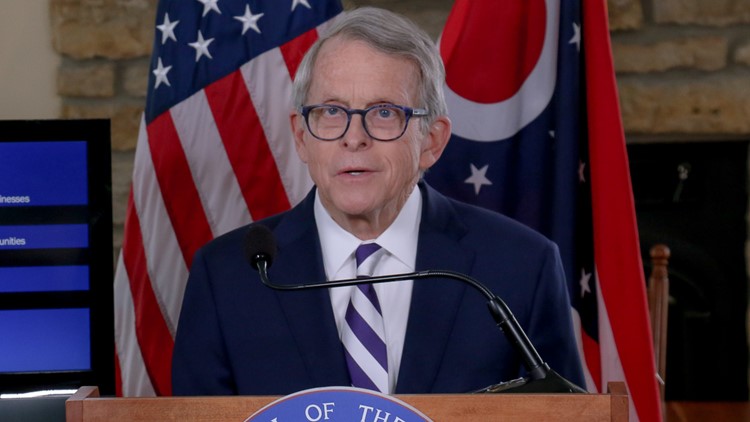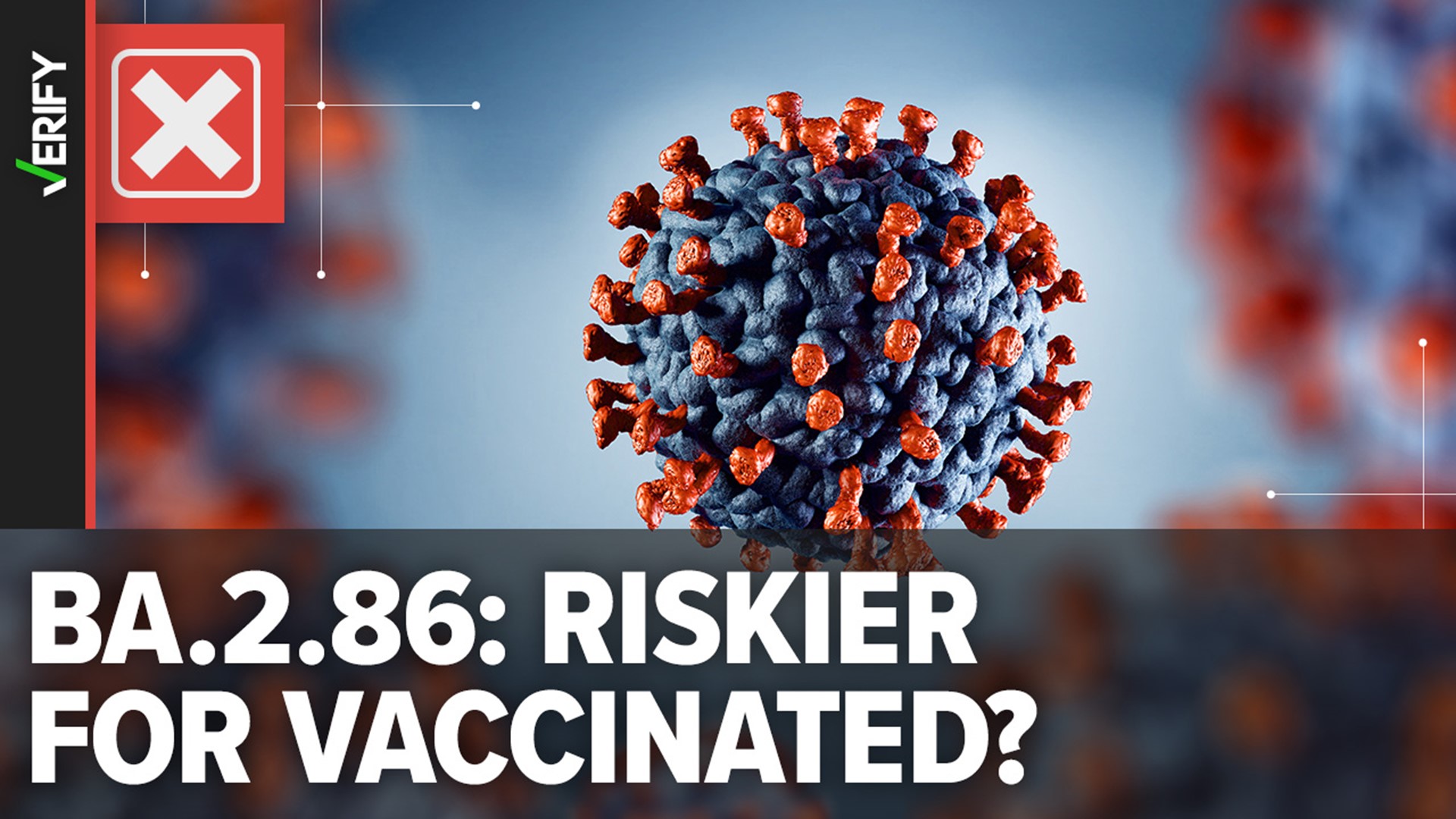Ohio will announce a second coronavirus vaccine incentive program within the next few days in a new attempt to boost the state's vaccination rate, Gov. Mike DeWine said Tuesday.
DeWine did not provide details but hinted it could include smaller amounts of money meant to spread out the odds so more people win. He said he's concerned about the continued spread of the so-called delta variant of COVID-19, as well as the fact that some parts of Ohio still have low vaccination rates.
The highly contagious delta variant, first identified in India and now spreading in more than 90 other countries, will be dominant in Ohio by month's end, DeWine said. The governor also noted that 99% of Ohioans hospitalized with the coronavirus are unvaccinated.
“Anybody who's not been vaccinated is just very vulnerable with this delta variant on the loose,” the Republican governor said. “That's the real challenge.”
The governor said some people are motivated by big prizes, while others are motivated by smaller but still significant amounts of money with better odds, according to experts.
“Those are the two, and we've tried one,” he said.
About 5.6 million people in the state have received at least one shot of the Pfizer or Moderna vaccines or the Johnson & Johnson vaccine as of Tuesday, or 48% of the total population, according to the Department of Health. About 5.3 million people, or 45%, have completed the process.
Some counties, particularly in rural areas, have much lower rates, including 24% in Adams County in southern Ohio, 30% in Darke County in western Ohio, and 32% in Noble County in eastern Ohio.
The governor did not set a new goal for vaccinations, but said, “Ohio probably needs another million people to be vaccinated.”
In May, DeWine launched the national movement to offer millions of dollars in incentives to boost vaccination rates in May, including five million-dollar prizes and five full-ride college scholarships. The state concluded the program last month with mixed results.
Initially, the May 12 announcement had the desired effect, leading to a 43% boost in state vaccination numbers over the previous week. But numbers of vaccinations dropped afterward.
Multiple other states followed Ohio's lead, including California,Colorado, Louisiana, Maryland, and New York state, with the effect on vaccinations hard to pin down.



